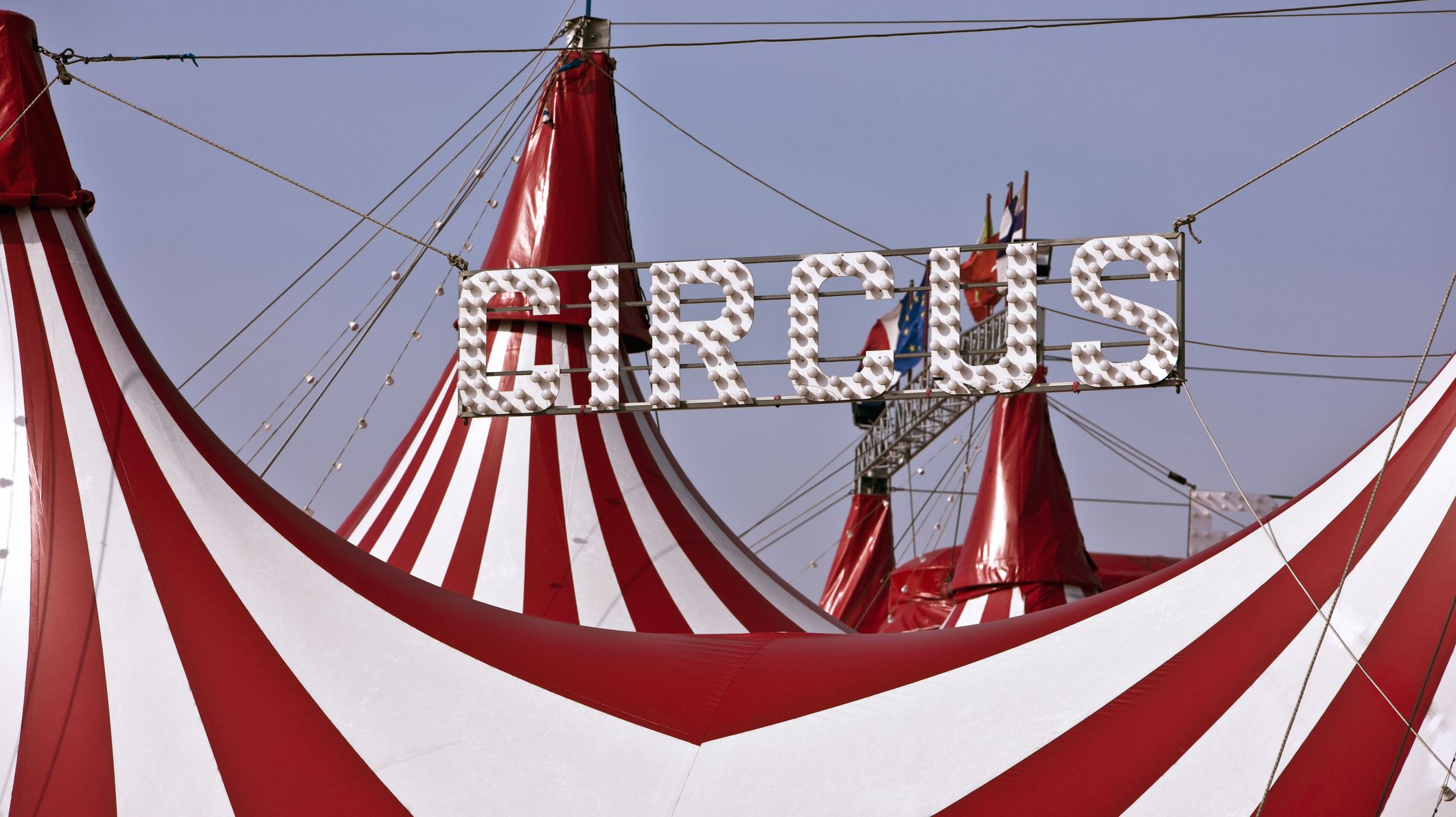
Intangible Cultural Heritage
The term ‘cultural heritage’ has changed content considerably in recent decades, partially owing to the instruments developed by UNESCO. Cultural heritage does not end at monuments and collections of objects. It also includes traditions or living expressions inherited from our ancestors and passed on to our descendants, such as oral traditions, performing arts, social practices, rituals, festive events, knowledge and practices concerning nature and the universe or the knowledge and skills to produce traditional crafts.
While fragile, intangible cultural heritage is an important factor in maintaining cultural diversity in the face of growing globalization. An understanding of the intangible cultural heritage of different communities helps with intercultural dialogue and encourages mutual respect for other ways of life.
The importance of intangible cultural heritage is not the cultural manifestation itself but rather the wealth of knowledge and skills that is transmitted through it from one generation to the next. The social and economic value of this transmission of knowledge is relevant for minority groups and for mainstream social groups within a State and is as important for developing States as for developed ones.
Intangible cultural heritage is traditional, contemporary and living at the same time: intangible cultural heritage does not only represent inherited traditions from the past but also contemporary rural and urban practices in which diverse cultural groups take part.
On 12th April 2024 Lord Parkinson of Whitley Bay, then UK Minister for Arts and Heritage, met with UNESCO’s Director-General Audrey Azoulay to mark the United Kingdom of Great Britain and Northern Ireland’s ratification to the 2003 Convention for the Safeguarding of Intangible Cultural Heritage. It became effective on 7 June 2024. The UK is now the 183rd state party to the UNESCO convention.
The UNESCO convention seeks to safeguard intangible cultural heritage across the globe. It also aims to ensure respect for the communities involved in this heritage and raise awareness at local, national and international levels of the importance of the heritage. The convention also seeks to ensure appreciation of different practices to allow for international cooperation and assistance.
The general conference of UNESCO ratified the convention in 2003 and saw this adoption as a “milestone in the evolution of international policies for promoting cultural diversity, since for the first time the international community had recognised the need to support the kind of cultural manifestations and expressions that until then had not benefited from such a large legal and programmatic framework.”
This agreement to “safeguard” meant implementing measures to identify, document, research, preserve and protect intangible cultural heritage. It also covers revitalisation of traditions and cultures where needed.
With the support of the European Circus Association and the Federation du Cirque Mondiale the UK’s Association of Circus Proprietors has engaged with the UK Government’s Department of Culture, Media and Sport to achieve recognition for the intangible cultural heritage significance of Circus and its importance in the cultural life of Britain.
The DCMS has indicated that nominations for inclusion in the inventory of ICH will open before the end of the year and that a nomination from Circus will be welcomed.
The Association of Circus Proprietors views the recognition of ICH for Circus as vital in seeking government protection for the Circus industry, art form and lifestyle. It will put Circus on a par with other art forms – a situation that exists in most of continental Europe. It will also provide Circus with a right to be consulted as an equal partner and stakeholder when government policy for the Arts and other associated matters is under consideration.




